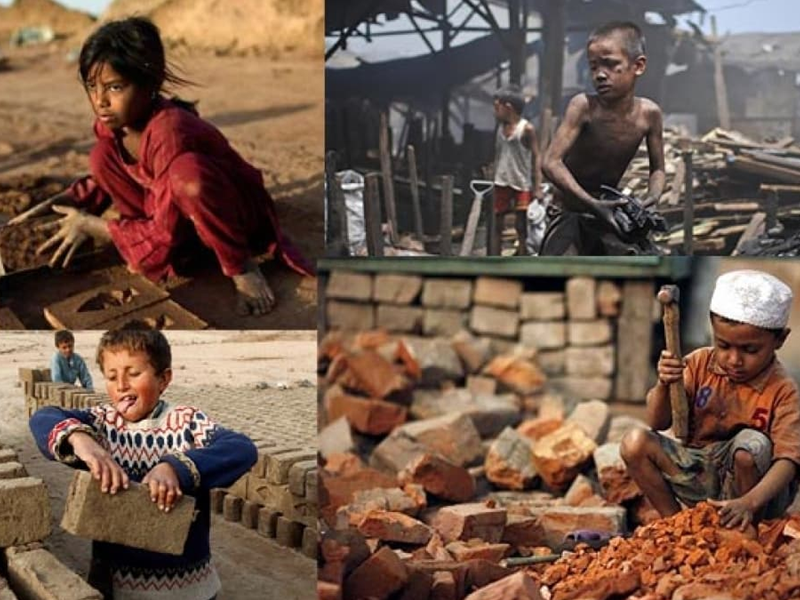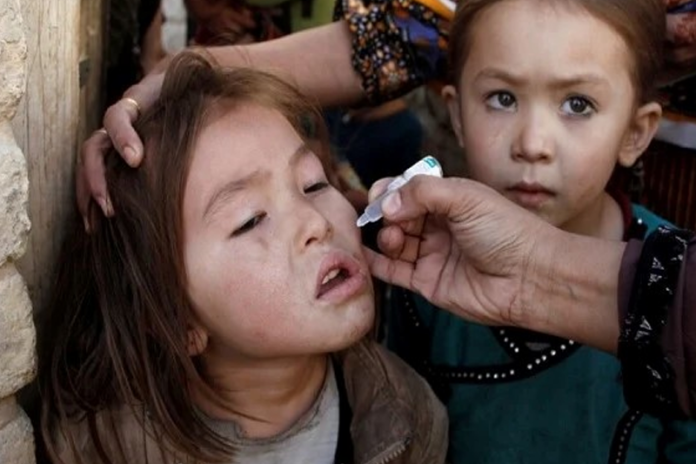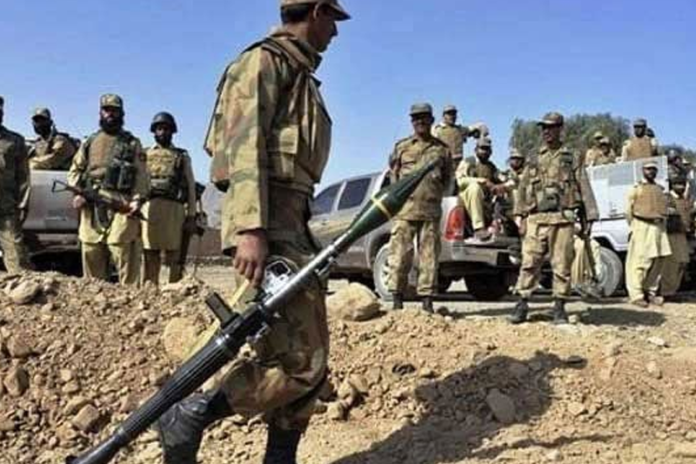Victims of exploitations

- 189
- 0
It is very unfortunate that a large number of children in the society are involved in economic exploitation, due to which serious problems are arising in the society. It is no surprise then that child labor is a well-organized and long-standing phenomenon, rooted in socio-economic issues.
In this regard, the Child Labor Survey 2022-23 sheds light on this issue, which reveals some confusing statistics and the unresolved issues are creating more problems in the society.
For instance, in KP alone, out of a total child population of 8.2 million, about 314,922 can be classified as working children, or about 11.1 percent of the province's child population, of which 80 percent or 165,745 of the child labor population are working.
What is most alarming is that in the category of child labor, about 73.8 percent of children work in hazardous conditions. This means that these children work in various types of hazardous conditions, working with unsafe equipment, or working , working long hours and during night shifts, or in hazardous industries and occupations, or in abusive conditions that pose serious risks to their lives and are therefore sexually exploited. Not only this, but children are also forced to become criminals in the struggle for livelihood. Here it is important to distinguish between child work and child labour.
Giving jobs to innocent minor boys and girls has become a regular business. It is a mafia that is involved in carrying on this brutal business for the sake of few bucks. But the main role in this cruelty is the parents who bring their innocent children from their homes and entrust them to this mafia so that they can continue to get a few rupees every month. What happens to these innocents is of no concern to these oppressors. When no parent feels sorry for their innocent children, why should anyone else?
Most of such parents belong to South and some from Central Punjab. The position of such cruel parents is that they are very poor. Can't even feed the children bread. They themselves are often unemployed, so they get jobs from children in people's homes. Where the children get bread to fill their stomachs and the parents get some money every month, which helps them manage their livelihood. What a ridiculous and illogical argument this is.
According to available statistics, an estimated 3.3 million child workers are engaged in various sectors including domestic work in our country which not only deprives them of their previous childhood festivities but also deprive them of education as well. Moreover, they are given meager salaries which do not match their services while they are made to work more industriously as compared to adult workers.
If the population is controlled, the country, the nation and the individual can avoid many economic problems. If this situation continues, according to experts, in the coming years, unemployment, economic problems, unrest and lack of health facilities will increase in such a way that no one can control it.
We control the population. By not doing so, they themselves are increasing the number of uneducated and criminal or criminal minded. One of our tragedies is that we never admit any of our mistakes but try to resort to silly arguments for it. Many blame the government for solving the problems it creates.
As important as population control is, governments and people are oblivious to this fundamental problem. Some people take the guise of poverty and hand over their innocent children, who are between 8 to 15 years of age, who are at the age of studying, writing and playing, from their homes and hand them over to this mafia. This mafia has set up offices to earn bread from this cruel business. These offices are regularly advertised and homes requiring a maid contact these offices and then the child is handed over to them.
Time has come that the full-fledged Child Protection Bureau which was established for providing protection to such children, should come into action and leads a campaign against the victimization of the children in our society.
Child labor refers to work that does not adversely affect the child's health, personal development and educational opportunities. The International Labor Organization (ILO) defines child labor as work that deprives children of their childhood, their ability and their dignity and their physical or mental development” as well as interfering with their schooling. And these children become victims of life problems. The ubiquitous nature of the problem can be gauged from the fact that child labor is found in sectors ranging from agriculture, forestry, fisheries, water harvesting, trade and manufacturing. The main driver of this risk is poverty as well as lack of access to educational opportunities. Many families struggling to meet basic needs resort to sending their children to work to supplement the household income or, in cases where the household has lost a parent, children may also be the main wage earners in the family.
In such situations, the cycle of poverty perpetuates itself as children are denied opportunities for education and a better future. Compounding the problem is the poor coverage of social security systems such as the Beneficiary Income Support Program, where families experiencing financial hardship cannot access social welfare funding, forcing their children to work.
In addition, the lack of strict regulations and enforcement mechanisms allows exploitative practices to persist, subjecting children to dangerous working conditions and meager wages.
We need to recognize that simply enacting legislation and ratifying international agreements on ending child labor is not enough. To effectively combat this problem, what is needed is to increase the capacity, training and funding of law enforcement authorities and organizations dedicated to the elimination of child labor to effectively enforce laws that control this menace. can be implemented.
In addition, the establishment of a comprehensive social security system designed to provide financial and educational assistance to struggling families to alleviate their economic hardships can go a long way in eradicating child labor.
Published in The Daily National Courier, February, 29 2024
Like Business on Facebook, follow @DailyNCourier on Twitter to stay informed and join in the conversation.

















































